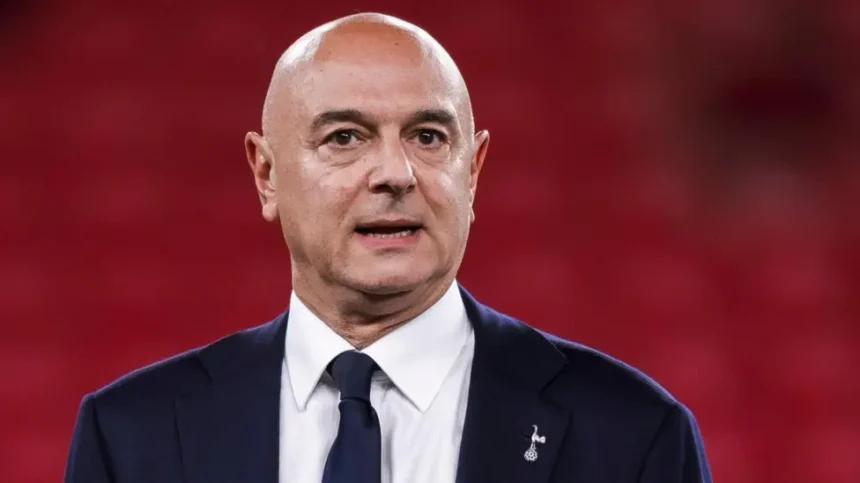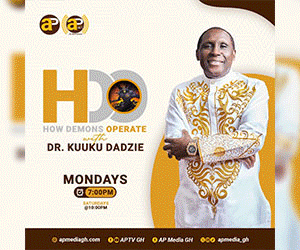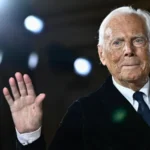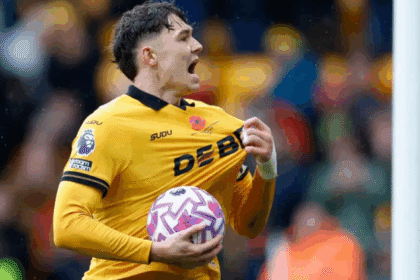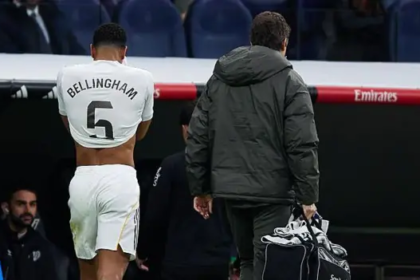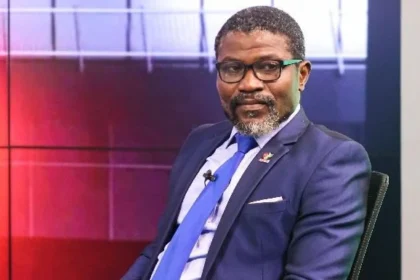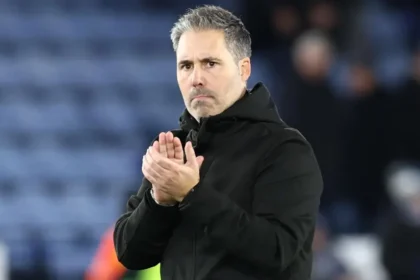Daniel Levy has officially stepped down as executive chairman of Tottenham Hotspur, bringing an end to nearly 25 years at the helm of the Premier League club.
Appointed in March 2001, Levy leaves on a high after Tottenham lifted the Europa League trophy in May, ending a 17-year wait for silverware. Despite the triumph, his final season was marred by fan protests and a disappointing 17th-place league finish.
At 63, Levy was the longest-serving chairman in the Premier League, having earned an estimated £50 million+ during his tenure. Known for his ruthless negotiation skills and financial acumen, Levy was a controversial but undeniably influential figure.
“I am incredibly proud of the work I have done together with the executive team and all our employees,” Levy said in a farewell statement.
“We’ve built this club into a global heavyweight competing at the highest level. More than that, we have built a community.”
Reflecting on his legacy, Levy added:
“I’ve been fortunate to work alongside some of the greatest in the sport—from Lilywhite House to Hotspur Way, players, managers, and staff. I thank the fans who supported me through a journey that hasn’t always been easy, but where real progress was made. I’ll continue to support the club passionately.”
A Mixed Legacy
Under Levy’s stewardship, Spurs underwent a major transformation—most notably, the move from White Hart Lane to the £1bn Tottenham Hotspur Stadium in 2019, widely regarded as one of the finest sports venues in the world.
On the pitch, Tottenham reached their first-ever Champions League final in 2019 under Mauricio Pochettino, ultimately losing to Liverpool. However, despite moments of promise, the club only secured one major trophy during Levy’s long reign.
Frustration among fans peaked last season, with banners reading “Our game is about glory, Levy’s game is about greed” and “24 years, 16 managers, 1 trophy – time for change” appearing at home games. Chants of “Levy out” echoed through the stands, especially during the latter stages of a turbulent campaign.
Financial Prudence and Infrastructure First
Despite limited on-pitch success, Levy’s reign is credited with making Spurs one of the most financially stable clubs in the Premier League.
According to football finance expert Kieran Maguire, Tottenham have been the “most profitable club” in league history—thanks largely to stadium revenues, a strict wage structure, and cautious transfer spending.
This summer, however, saw the club splash approximately £181 million on new signings, including attacking midfielders Xavi Simons and Mohammed Kudus, according to FootballTransfers.com.
A New Era Begins
Levy’s departure is part of a broader reshaping of the club’s leadership. In April, Vinai Venkatesham—formerly of Arsenal—was appointed CEO. And following Levy’s exit, Peter Charrington has taken over as non-executive chairman, a newly created role.
Spurs also changed direction on the pitch, replacing Ange Postecoglou—sacked after the end of last season—with Thomas Frank, previously manager of Brentford.
Levy’s exit marks the end of an era for Tottenham Hotspur—one defined by ambition, transformation, and persistent debate over priorities between business and football.




